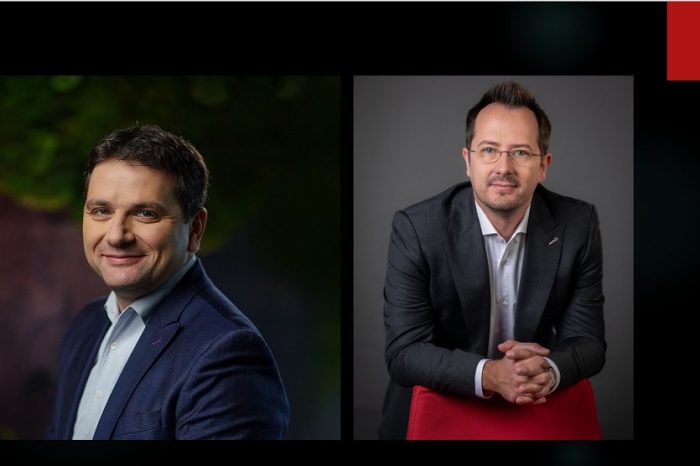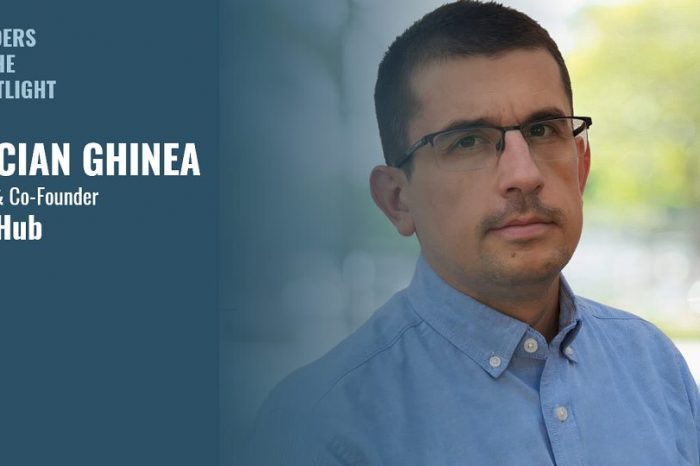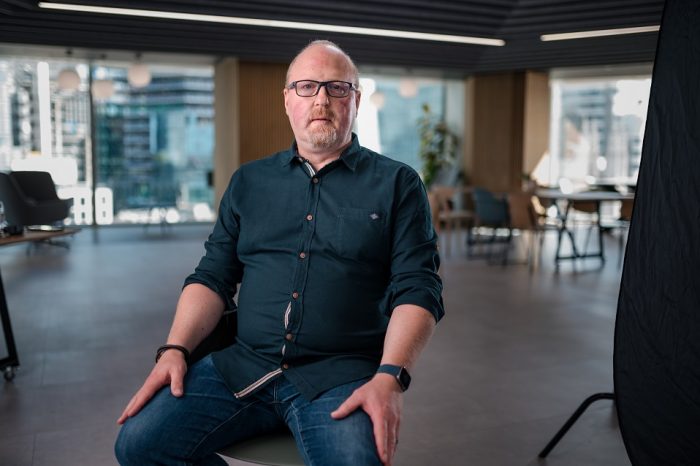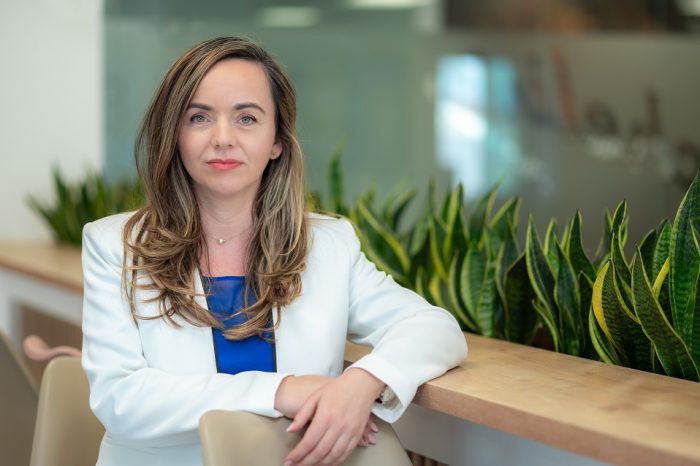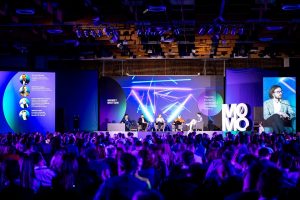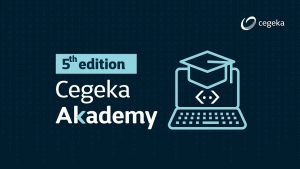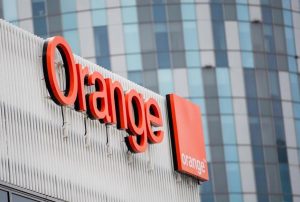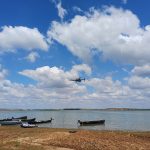Endava and ICUB Join Forces to Explore the Power of AI in Archaeology
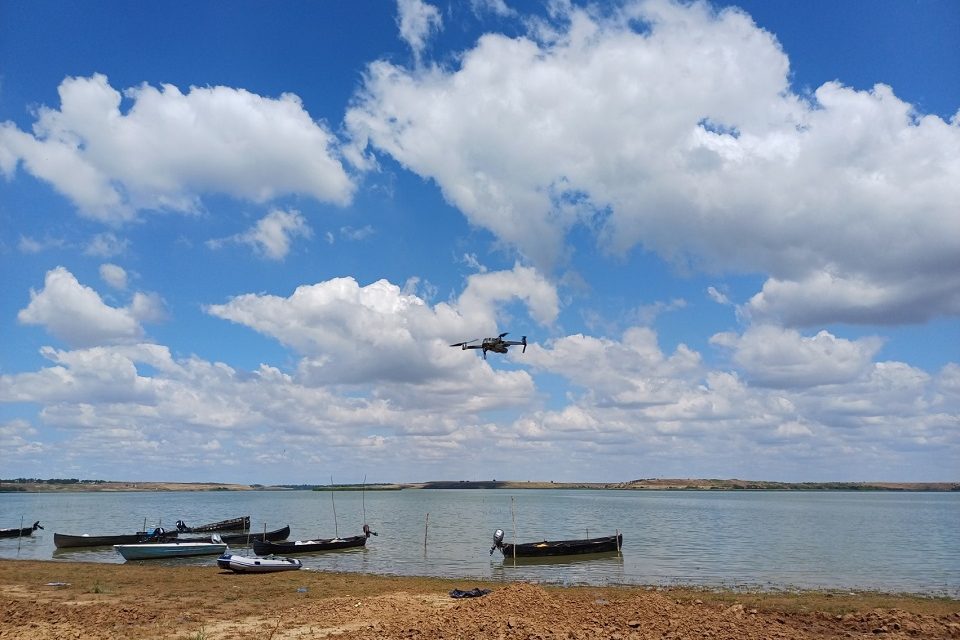
Students from Gheorghe Lazăr National College explore how cutting-edge technology can significantly enhance archaeological research
Endava, a global provider of digital transformation, agile development, and intelligent automation services, partnered with the Research Institute of the University of Bucharest (ICUB) recently to revolutionize archaeology through the application of AI technology. This innovative collaboration was showcased at the summer school, “From Robotics to Archaeology: Experimental, Innovative, and Exploratory Summer School,” held from August 7-9, where students from Gheorghe Lazăr National College explored how AI can significantly enhance archaeological research.
The summer school focused on using robotics and state-of-the-art technology in archaeology, aiming to develop new skills and directions for participants and fostering new research directions for the University of Bucharest. Practical sessions at the Sultana archaeological site, Călărași County, allowed participants to learn how to integrate robotic technology into archaeological discovery and analysis processes. This unique experience combined technological education with a passion for history, offering students a dynamic and interactive learning platform.
Endava brought their extensive experience and know-how in AI and automation to the table, with experts guiding brainstorming sessions, proposing and validating project concepts, and sharing their insights on potential applications of AI and robotics in archaeological research.
This collaboration aimed to develop innovative solutions that could transform the field of archaeology, and find new ways for researchers to interpret archaeological sites with unprecedented precision and efficiency. By integrating advanced technologies such as drones, AI, computer vision and robotics, archaeologists can more easily conduct non-intrusive surveys, create detailed 3D maps and automate time-consuming. This not only increases efficiency but also opens new doors for discovery and analysis, ultimately enriching our understanding of ancient civilizations.
“For Endava, the collaboration with the Research Institute of the University of Bucharest and the Gheorghe Lazăr National College represents an investment in innovation and in the future through education. It’s been very exciting working with these inspirational young people, and with the help of Endava’s expertise and the team from Gheorghe Lazăr, I believe that new possibilities and perspectives have opened up”, stated Adrian Buturugă, Principal Development Consultant Endava.
“We are uncovering the roots of the past to illuminate the future. At Sultana, a 6,000-year-old Eneolithic site, we continue to reveal humanity’s hidden stories through a Romanian-German interdisciplinary research program that began in 2021. As an archaeologist, I eagerly anticipate collaborating with these young robotics specialists, creating bridges between generations, and combining modern technological expertise with a deep understanding of the past to bring new perspectives and innovative methods to archaeology,” added Dr. Cătălin Alexandru Lazăr, ArchaeoSciences Platform (ASp), Research Institute of the University of Bucharest (ICUB).
Using the same technology, the students were also part of non-intrusive terrestrial surveys (electrical, geo-magnetic, Ground Penetrating Radar) to detect buried archaeological structures without invasive excavations. At the same time, they took part in scanning and analysis of artifacts/ ecofacts with AI & robots in the laboratory.
“Innovation in automotive technology, such as the use of advanced sensors, AI-driven systems, and autonomous navigation, holds significant potential for applications in archaeology. Just as connected and autonomous vehicles rely on environment mapping and AI for real-time decision-making, these technologies can be transposed to map and analyze archaeological sites. By integrating 3D modeling, geo-spatial data collection, and non-intrusive surveys—similar to automotive lidar and sensor fusion techniques—we can uncover and understand buried structures and artifacts with unprecedented precision and without invasive methods.” stated Ovidiu-Anton Porumb, Senior Industry Advisor, Automotive Endava.
“Automation of Time-Consuming Archaeological Processes with Robots” was another subject covered. This involved developing and programming robots to automate repetitive and time-consuming tasks in archaeology, such as drawing, photography, description, preliminary analyses or cleaning, restoration, packaging and conservation of artifacts.
ICUB is now seeking funding from local and European funds to progress these innovative projects to the Proof-of-Concept phase .
About Endava
Endava is a global company with a passion for leveraging the latest technologies to drive meaningful change. By combining world-class engineering, industry expertise and a people-centric mindset, it consults and partners with its customers to create technological solutions that drive innovation and transform businesses.
Working side by side with leading brands, Endava helps businesses accelerate and take advantage of new business models and market opportunities across various industries, including payments, insurance, finance and banking, technology, media, telecommunications, retail and consumer goods, supply chain, healthcare and life sciences, automotive and travel.
From ideation to production, Endava’s agile, multidisciplinary teams support its customers through every step of their digital transformation journey, from ideation to production, creating dynamic platforms and intelligent digital experiences.
About ICUB
The Research Institute of the University of Bucharest (ICUB) is an innovative research structure of the University of Bucharest (UB) and includes four divisions that interact through common vision and approaches: Earth, Environmental and Life Sciences, Exact Sciences, Social Sciences and Humanities.
In addition to the 4 key areas of research, ICUB supports and hosts two specific platforms: ArchaeoSciences (The Interdisciplinary Institutional Platform for Excellence in Research, Development and Professional Training in the Field of Archaeological Sciences) and the Gender Studies Platform.
ICUB’s mission is threefold: to stimulate and promote excellence in the research activity of the University of Bucharest; to establish itself as a central hub in an international network of research institutes and to foster collaboration with other centres and projects; and to go beyond the strategies of traditional areas of fundamental research and to explore cross-cutting approaches worldwide, including cross-disciplinary research from all fields.
True to the engagement to foster collaboration both locally and internationally, ICUB organizes top-quality interdisciplinary research-oriented events, such as research seminars, summer schools, workshops, colloquia, and international conferences.

